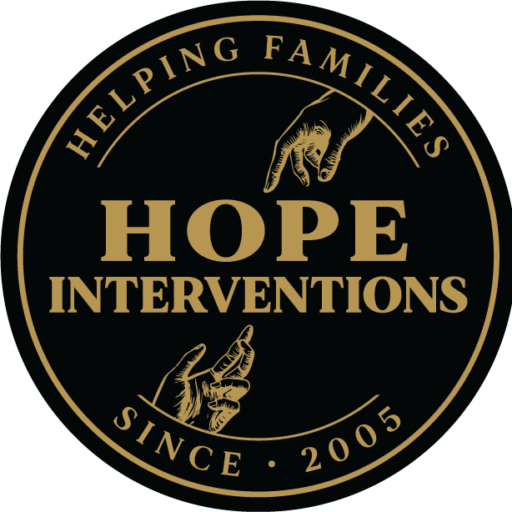Addiction interventions can have a better chance of working if they include a personalized and holistic approach that targets the underlying psychological, social, and environmental factors contributing to addiction. It is also critical to engage the family and social support system in the intervention process and involve the patient in decision-making and goal-setting. A comprehensive follow-up plan that includes ongoing counseling, support groups, and other resources can also increase the success rate of addiction intervention. Finally, addressing co-occurring mental health disorders and providing adequate aftercare resources can significantly improve the chances of long-term recovery.
To better prepare for an addiction intervention, a loved one can educate themselves on addiction and its effects, gather information on treatment options and resources available, and seek the advice of a professional interventionist. It is also important to approach the intervention with empathy and understanding while setting clear boundaries and consequences for the individual’s behavior. Ultimately, the goal is to encourage the individual to seek help and begin the journey towards recovery.
There are several ways to find a good professional interventionist. One approach is to ask for referrals from a doctor, therapist, or addiction specialist. Another option is to search online for interventionists who are certified by reputable organizations, such as the Association of Intervention Specialists or the International Interventionist Association. Additionally, it may be helpful to read reviews and testimonials from previous clients to get an idea of the interventionist’s approach and success rate. Finally, it is important to choose an interventionist who is compassionate, experienced and has a clear plan for helping your loved one.
To identify a good professional interventionist, it is important to look for someone with experience and proper credentials, such as certification from a reputable organization. You can also ask for referrals and check online reviews or testimonials from previous clients. A good interventionist should have excellent communication skills, be empathetic, and have a non-judgmental approach. They should also work collaboratively with the individual and their support system to create a customized plan for recovery and provide ongoing support.
Don’t hesitate to contact us for more information on how we can help your loved one. Take the first step towards a healthier, happier life, and contact us today.

